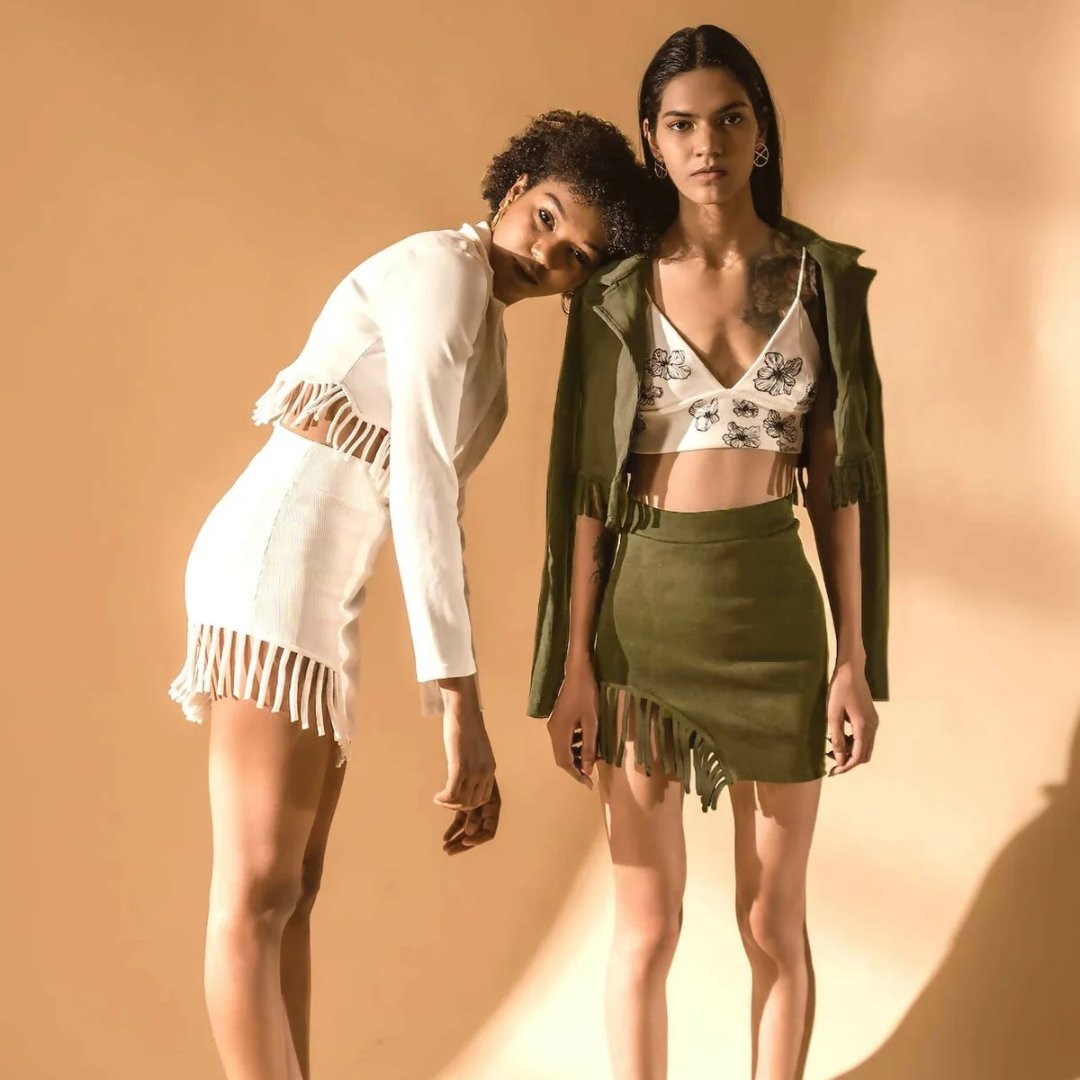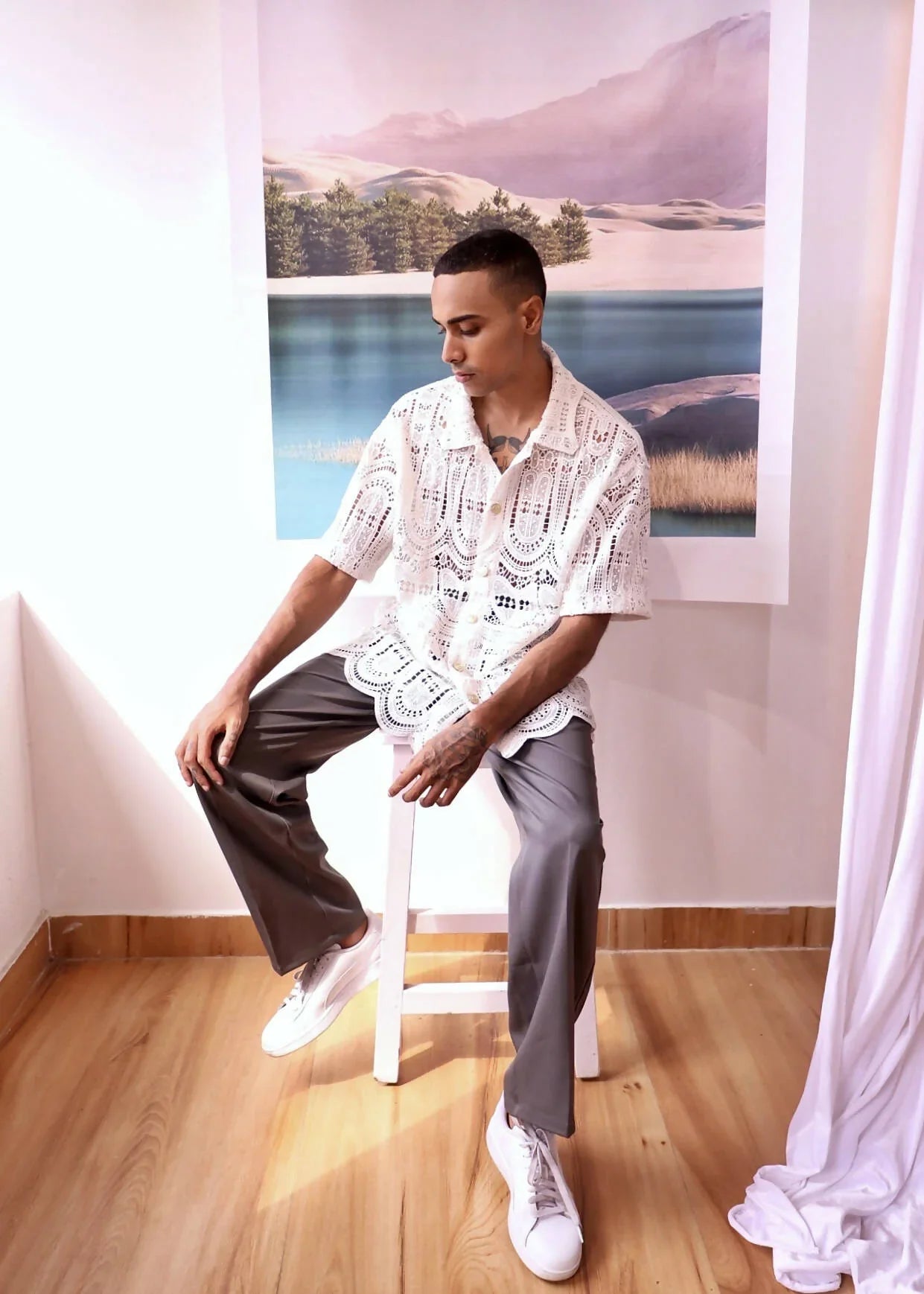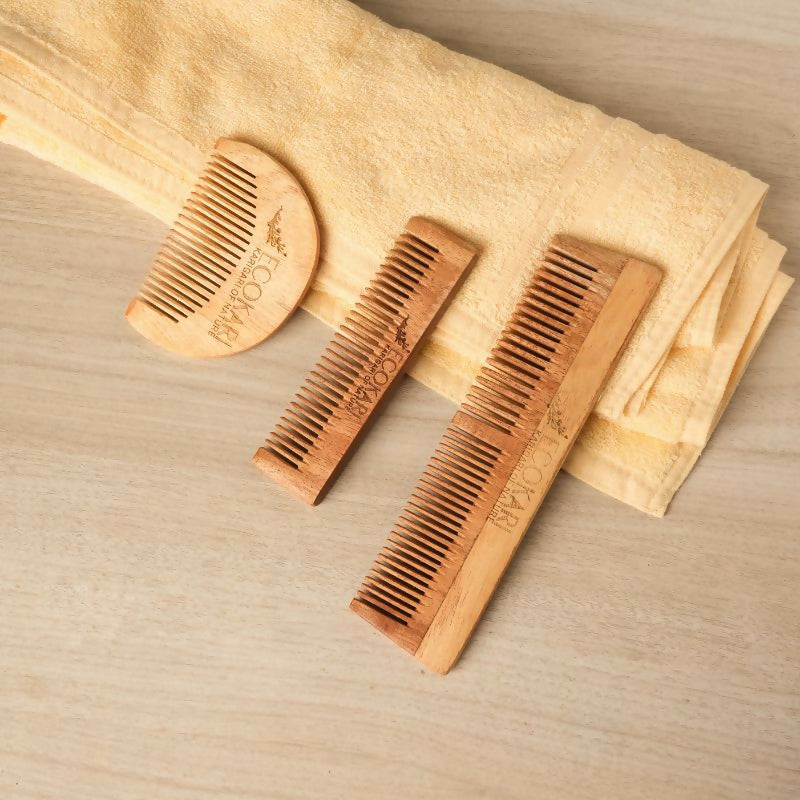Upcycling for a Social Cause

Upcycling involves the transformation of items, giving them a new purpose and extending their life. There are brands and organisations that employ this sustainable practice to serve a noble cause. Through this meaningful act, they are able to achieve another significant purpose like providing employment opportunities. Below are some heartwarming instances where upcycling has been used to create jobs for refugees, survivors of human trafficking, and others in need of a livelihood.
SILAIWALI - INDIA
Silaiwali is a social enterprise based in Delhi, founded by Iris Strill and her husband, Bishwadeep Moitra. The organisation crafts handmade, upcycled products from waste fabrics, with the work being carried out by Afghan refugees residing in Delhi. This effort is under the guidance of UNHCR, The UN Refugee Agency, and is part of the agency's livelihood program, aimed at creating employment opportunities for these refugees.


(Image Credit: Upcycled Freedom Dolls by Silaiwali)
KITEPRIDE - ISRAEL
KitePride, based in Israel, is a sustainable fashion label that focuses on designing upcycled bags while creating job opportunities for survivors of human trafficking. Established with the aim of providing a safe working environment, the brand empowers these survivors through meaningful employment. The bags are crafted from repurposed sails, donated surf kites and wetsuits, from surfers thereby diverting these materials from landfills. KitePride was founded with the dual purpose of offering a safe haven for survivors through employment opportunities and contributing to environmental sustainability by rescuing waste.


(Image Credit: KitePride Upcycled Bags)
SHELTERSUIT FOUNDATION - NETHERLANDS
The Sheltersuit Foundation, based in the Netherlands, is a non-profit organisation that not only provides shelter to homeless individuals but also produces upcycled sheltersuits, thereby creating employment opportunities. Operating under the guiding principles of "Sharing Shelter," "Repurpose for Purpose," and "Opportunities and Development," the foundation crafts unique sheltersuits that serve as both wind and waterproof jackets and can also be transformed into sleeping bags.


Made from breathable tent fabric, the suits feature an inner lining crafted from upcycled sleeping bags. Adding to the uniqueness of the product, these sheltersuits are manufactured by former refugees. The suits are exclusively sold to homeless shelters and similar organisations to benefit those in need. The foundation also accepts donations of sleeping bags and duvets, which are then converted into these innovative sheltersuits.
EPIMONIA - U.S.A
Mohamed Malim, a former Somali refugee, founded Epimonia in Minneapolis, USA, in 2017. Born in a Kenyan refugee camp, Malim established Epimonia in the U.S, where he arrived more than 20 years ago, with the aim of assisting other refugees. The brand describes itself as a refugee-founded fashion label that thoughtfully upcycles material from life jackets previously worn by refugees crossing the Mediterranean Sea. These materials are transformed into bracelets, hats, and apparel. Through thoughtful design, the brand aims to uplift refugees and build a community, while also repurposing unusable life jackets found on beaches, which were once worn by refugees.


VINTAGE FOR A CAUSE - PORTUGAL
Vintage for a Cause is based in Portugal and is dedicated to building a circular economy through the upcycling of textile waste. The brand empowers unemployed women over the age of 50 to craft its products. Founded by Helena Antonia, the brand is deeply committed to using business as a force for good by empowering women and promoting the reuse of textiles. All of the materials utilised are rescued deadstock fabrics. Among their main goals for this year are reusing 375 kg of deadstock, saving water, reducing CO2 emissions, and introducing workshops aimed at teaching upcycling methods, among many other objectives.


The brand offers a unique "Sell 1, Buy 1" program exclusively for women. This sustainable initiative allows women to exchange their unwanted, but good-condition, clothing for an item from the brand's website. Items received through this program undergo a rigorous inspection before being introduced into the second-hand market.
A touching portrayal of how these non-profit organisations and brands use upcycling as a means to support and empower people. This approach not only promotes environmental sustainability but also provides meaningful employment and a sense of purpose to those in need.






Leave a comment